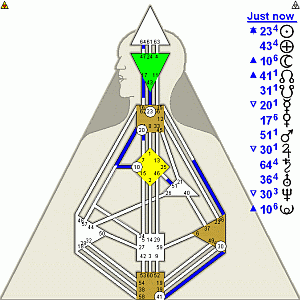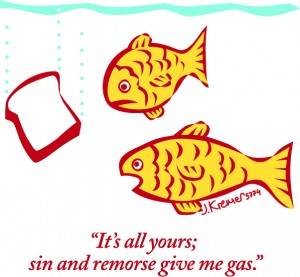 Mercury is in retrograde. From August 30 through September 22, Mercury is moving backward in the sky from our perspective. This is the third of four such occurrences this year according to the Old Farmer’s Almanac. Astrologers say this event is supposed to mark a time for reflection rather than new action. This is not a time for decision-making. Instead, we are to assess priorities and plan to move forward by reviewing projects and determining where to appropriately focus energy.
Mercury is in retrograde. From August 30 through September 22, Mercury is moving backward in the sky from our perspective. This is the third of four such occurrences this year according to the Old Farmer’s Almanac. Astrologers say this event is supposed to mark a time for reflection rather than new action. This is not a time for decision-making. Instead, we are to assess priorities and plan to move forward by reviewing projects and determining where to appropriately focus energy.
Elul is the month preceding Rosh Hashanah. It is our Jewish time for deep reflection and repentance as we prepare for the High Holidays. For many of us, this is our period of Teshuva, the “return to God” that requires seeking and granting forgiveness as we strive to understand where we went astray and how we can get back on the path of living a meaningful righteous life.
I’m not suggesting that there is some equivalence between Astrology and Judaism or that the early astrologers were Jews. But I believe that making time to take stock of whom we are is of utmost importance to finding fulfillment. The unexamined life is not worth living, so teaches Socrates in Plato’s Apology. So many of us are consumed by the day-to-day issues of living, sometimes, it is all but impossible to step back and assess where we are and where we are going.
In life we often awake to find we have been blown off course. Anyone who has ever piloted a plane or a boat knows navigation is an ongoing process of course corrections, so too life. Currents and tides constantly push us off course and our aim has to compensate if we are ever to arrive at our destination. For some of us, we don’t even take the time to determine what our destination might be. For all of us Elul is an appointed time to engage in the process.
As we approach these High Holidays may you find forgiveness for those who have offended you, be forgiven by those whom you have offended and find your true path of meaning, relationships, and fulfillment.
L’Shana tova

